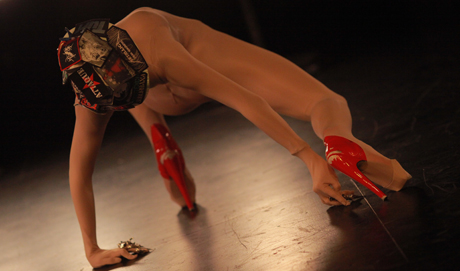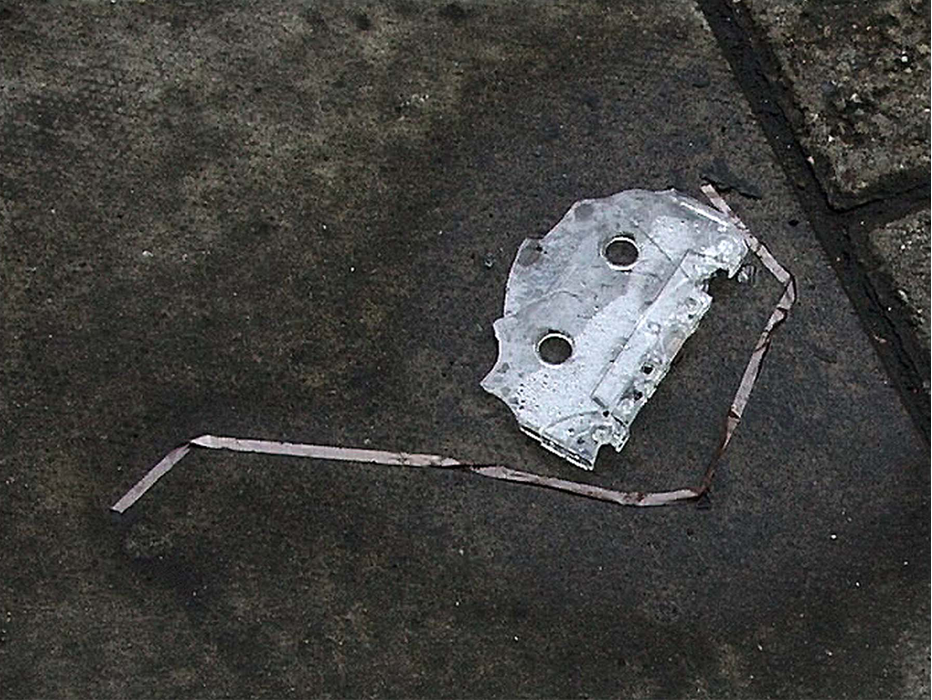
Frequency of Touch: the Making of Motherhood
Helen Charman Margaret Salmon
This session focuses in on the defiant mutual aid practices of early and DIY feminist movements in the UK, that attempted to shift and radicalise care and kinship away from the domain of the nuclear family.












